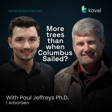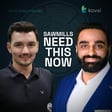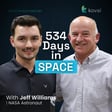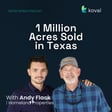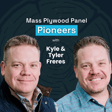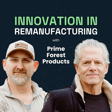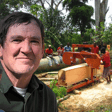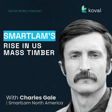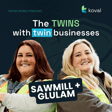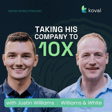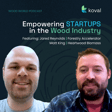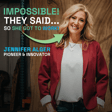
We went to a sawmill in the Congo w/ Vadim Kovalev and Glen Chapman Wood World Podcast
Today, we have a special episode lined up as Jake sits down with Vadim and Glen to talk about their incredible journey to the Congo. They’ll be sharing stories from their time in the heart of Africa—everything from the challenges they faced in the remote villages, to the unforgettable people they met, and the inspiring work Glen has led over decades. Get ready to hear firsthand accounts of how sawmilling, ministry, and adventure come together in one of the most fascinating places on earth. Let’s dive in!
---
🌟 About Koval
We specialize in delivering high return and quality solutions to support the branding, business development, hiring, and training needs of people and businesses in the wood industry.
🌲 Improving the lives of people in the wood industry globally 🌎
🔗 Connect with Us - LinkedIn: https://www.linkedin.com/company/kovaldigital/
🚀 Ready to Elevate Your Digital Presence? Schedule a call with our team and let’s make things happen! Visit https://kovaldigital.com to get started.
#woodworld #timber #woodindustry #sawmillbusiness #businessmanagement #timberindustry #masstimber #hardwoods
